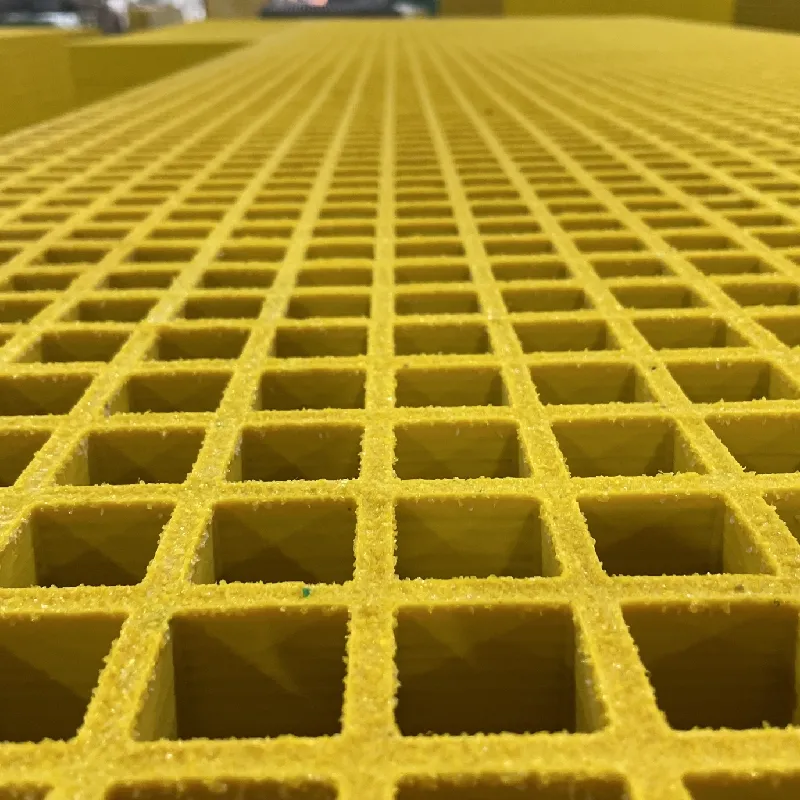loading...
- No. 9, Xingyuan South Street, Dongwaihuan Road, Zaoqiang County, Hengshui, Hebei, China
- admin@zjcomposites.com
- +86 15097380338
- Welcome to visit our website!
Innovative Solutions for Efficient Industrial Water Treatment Systems and Equipment
Industrial Water Treatment Equipment Ensuring Sustainable Water Use
In today's industrial landscape, the demand for effective water treatment solutions has never been more critical. Industries ranging from manufacturing to food production require water for various processes, and ensuring its quality is essential to both operational efficiency and environmental responsibility. Industrial water treatment equipment plays a pivotal role in treating water for reuse, ensuring compliance with regulations, and minimizing the environmental impact of wastewater.
Importance of Water Treatment in Industries
Water is a crucial resource in many industrial sectors. It is used for cooling, cleaning, processing, and as a solvent. However, the quality of water directly affects product quality and operational efficiency. Regardless of the industry, the need for water treatment arises due to the presence of contaminants that can impair production processes. Moreover, strict environmental regulations mandate that industries manage their wastewater effectively, making efficient water treatment systems not just beneficial but necessary.
Types of Industrial Water Treatment Equipment
Industrial water treatment equipment encompasses a wide range of technologies designed to treat water at different stages
1. Filtration Systems These systems remove particulates and suspended solids. Technologies such as microfiltration and ultrafiltration are widely used in various industries, including food and beverage, to ensure the water is clear of impurities.
2. Reverse Osmosis Units Reverse osmosis (RO) is a highly effective method for removing ions, molecules, and larger particles from water. Industries often use RO for desalination and to produce high-purity water for manufacturing processes.
3. Chemical Treatment Systems This involves using chemicals to neutralize contaminants. Coagulation and flocculation processes are essential for removing turbidity and other pollutants, especially in textile manufacturing and chemical industries.
4. Disinfection Equipment To eliminate harmful pathogens, disinfection technologies such as chlorination, UV treatment, and ozone disinfection are used. These methods are crucial in industries such as pharmaceuticals and food processing, where hygiene is paramount.
industrial water treatment equipment

5. Wastewater Treatment Systems After water has been used, it must be treated before release back into the environment or reused. Aerobic and anaerobic treatment systems, along with advanced oxidation processes, are commonly employed to treat industrial wastewater, ensuring that it meets regulatory standards.
Benefits of Industrial Water Treatment Equipment
The implementation of industrial water treatment systems brings numerous benefits
- Cost Savings By recycling and reusing water, industries can significantly reduce their water bills and operational costs. Efficient water treatment can also extend the lifespan of equipment by preventing scale buildup and corrosion.
- Regulatory Compliance Adhering to environmental regulations is a legal requirement for industries. Effective water treatment ensures compliance with local and international standards, protecting companies from potential fines and legal issues.
- Environmental Protection Proper water treatment reduces the release of harmful pollutants into natural water bodies, safeguarding ecosystems and biodiversity. This commitment to sustainability enhances a company’s reputation and aligns it with modern corporate social responsibility goals.
- Product Quality High-quality water is essential for manufacturing processes, particularly in industries like pharmaceuticals, cosmetics, and food. Advanced water treatment systems ensure that the water used meets required purity standards, thereby improving product quality.
Conclusion
As industries continue to grow and face the challenges of water scarcity and environmental regulations, the importance of industrial water treatment equipment becomes increasingly evident. Investing in advanced water treatment technologies is no longer merely an option but a necessity for ensuring operational efficiency, regulatory compliance, and environmental sustainability. By embracing these innovations, industries can play a vital role in conserving water resources while continuing to meet the demands of consumers and regulatory bodies alike.
-
The Rise of FRP Profiles: Strong, Lightweight, and Built to LastNewsJul.14,2025
-
SMC Panel Tanks: A Modern Water Storage Solution for All EnvironmentsNewsJul.14,2025
-
GRP Grating: A Modern Solution for Safe and Durable Access SystemsNewsJul.14,2025
-
Galvanized Steel Water Tanks: Durable, Reliable, and Ready for UseNewsJul.14,2025
-
FRP Mini Mesh Grating: The Safer, Smarter Flooring SolutionNewsJul.14,2025
-
Exploring FRP Vessels: Durable Solutions for Modern Fluid HandlingNewsJul.14,2025
-
GRP Structures: The Future of Lightweight, High-Performance EngineeringNewsJun.20,2025
